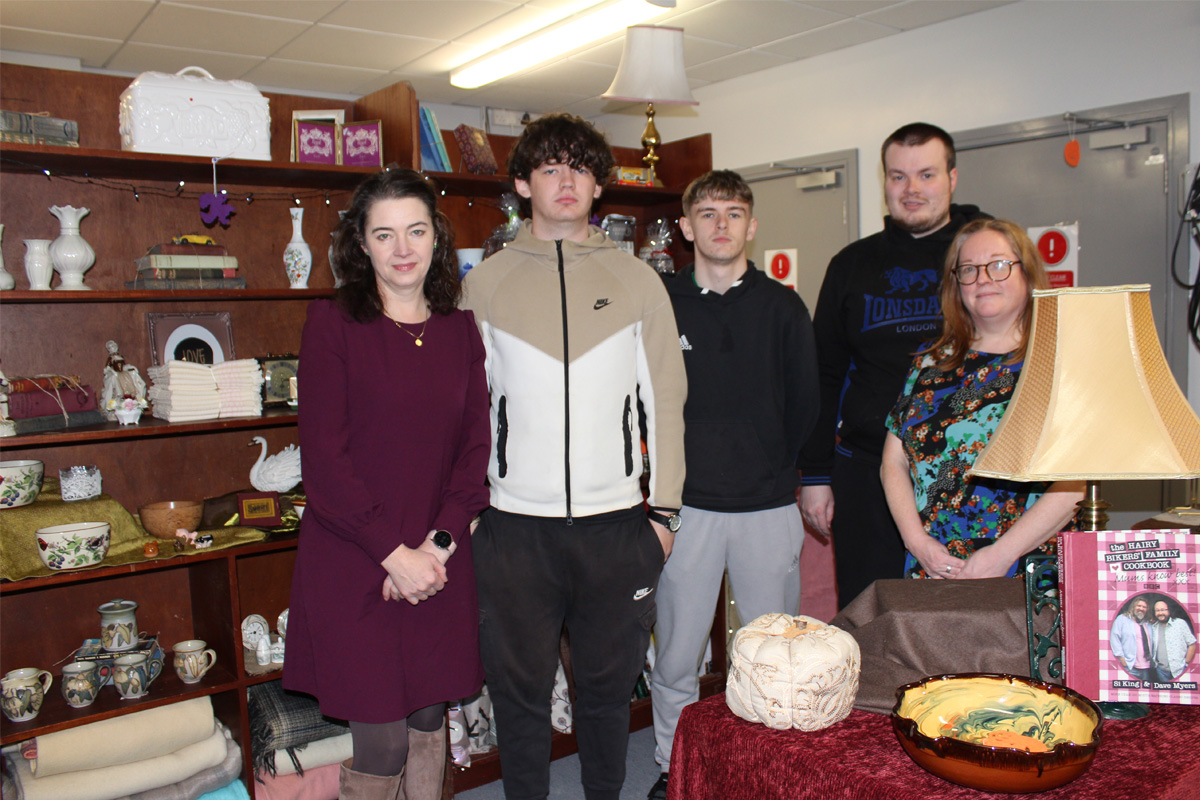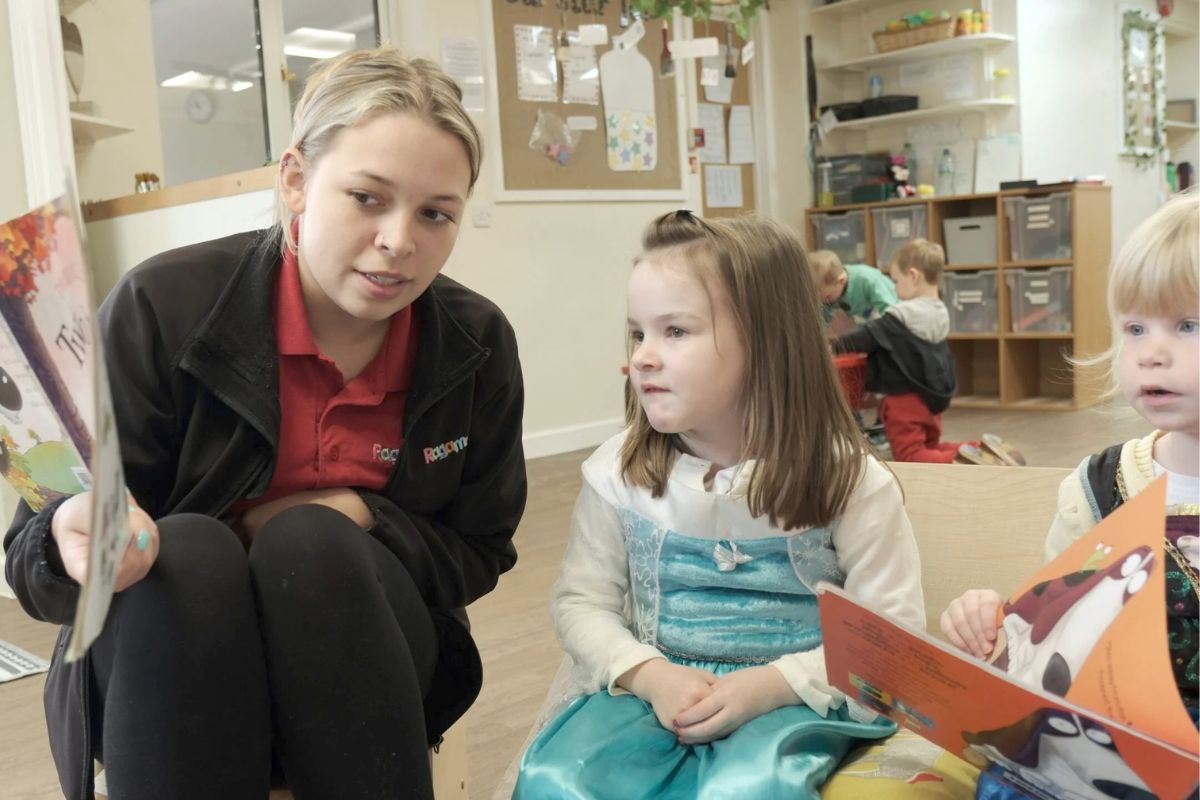Academics work on low-cost VR crisis training system for 999 services

Members of the emergency services often have to make quick decisions in life-or-death situations – a team from the University of Winchester is investigating how virtual reality (VR) can help prepare responders for these stressful events.
Emergency services already use training scenarios designed to improve “situational awareness” but in a real-life crisis decision inertia – the inclination to stick to an existing plan, even when better alternatives emerge – may kick in.
In an emergency, this can lead to delayed action and a failure to deploy resources where they are most needed.
Training with VR allows first responders to practice critical decision-making during a crisis scenario played out in a simulated environment. This can reduce errors in real life helping to protect the public and emergency services personnel.
Selina Robinson, Senior Lecturer and Programme Leader for Forensic Investigation, and Brandon May, Criminology Lecturer at Winchester have been working with academics from the University of Portsmouth to look at ways in which VR technology can provide realistic 3D simulations of real-world situations.
The project has come out of work Selina did with the merchant maritime sector.
Said Selina:
“Virtual Reality is not a recent development in the field of training,”
“However, we are interested in investigating its potential application by leveraging its psychological aspects.
“Virtual Reality has demonstrated effectiveness in facilitating the acquisition of intuitive knowledge that can be seamlessly applied in real-world situations.”
“We want to create complex scenarios in a safe place but which recreate the same emotional response as a real-life crisis,” said Brandon. “Training in these immersive setting can create resilience.”
The team is also looking at how to make the technology more affordable.
High fidelity (highly realistic) simulations offer the most authentic and immersive training experiences but they come with a substantial price tag which has limited their adoption.
Brandon and Selina have been developing proof of concept designs for portable VR systems that can fit on a desktop, using a laptop, which they believe are as good as the more expensive versions currently on the market.
This opens up possibilities for the wider adoption of VR in emergency response training, making it more accessible for agencies and organisations with tight budgets.
The team from Winchester is also collaborating with partners from the University of Portsmouth to create novel VR simulations for training and teaching purposes with their police cohorts,
Selina and Brandon have recently set up a Digital Technological Research and Knowledge Hub at Winchester where they can continue to test their system.
At present the system has been tested on students on the University’s policing course.











Responses